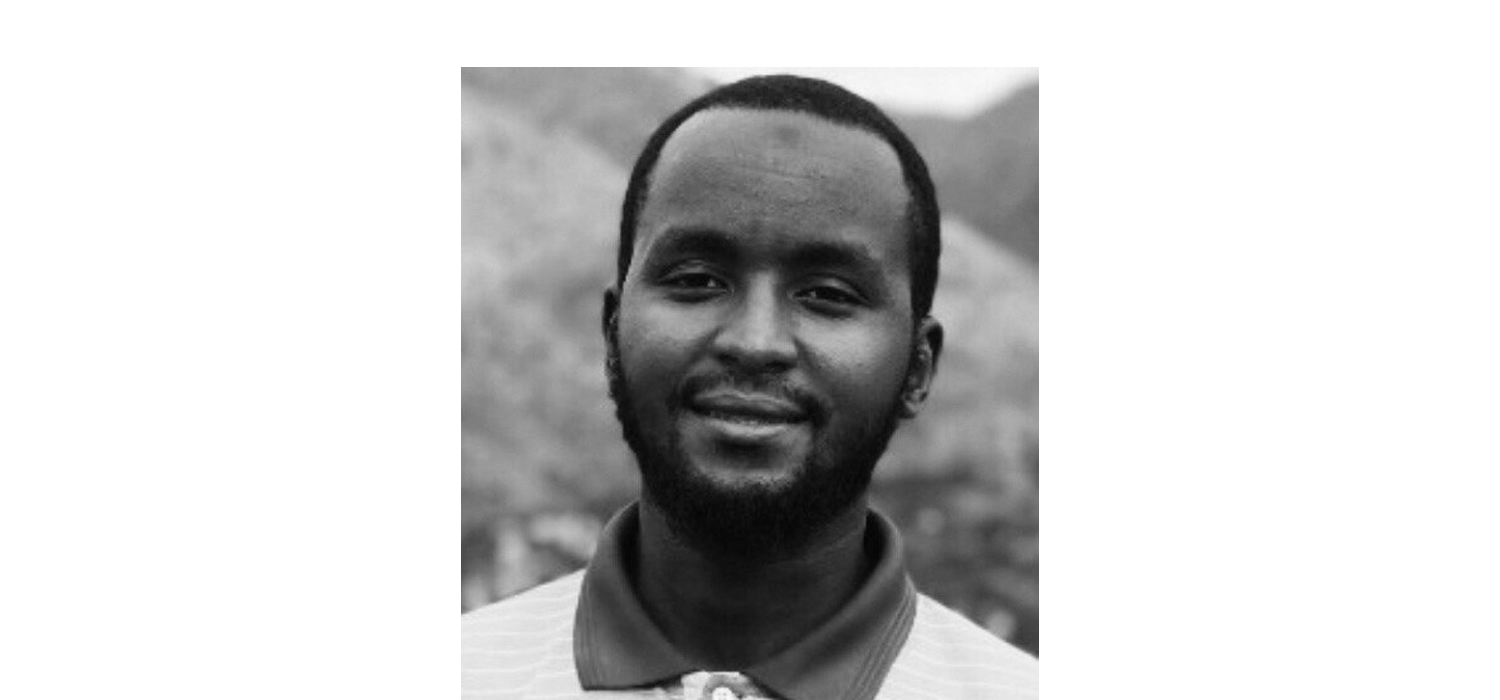AHADI Project: Meet Amir Amir, Horticulture therapist
Hello, I am AMIRI AMIRI, a Horticulture graduate from the Sokoine University of Agriculture (SUA), with working experience in large-scale farm production of Black Soldier Flies (BSF) which are used as an alternative protein source for animal feed, also working with Tanzania Health and Medical Education Foundation (TAHMEF) as a Horticulture Specialist
I am an optimist and open-minded young leader with an aspiration to use my gifts and knowledge to do the best work I can and to inspire others to do the same. I seek to thrive in my journey through life and learn life’s lessons along the way.
My experience with AHADI Project:
The most interesting part, to me, in this project is that, I love seeing students eagerly coming to garden every morning after the previous one, asking questions about farming as well as answering questions and recalling about the preceding lessons. It makes me proud to see them enjoying the lessons and building a community of support among themselves through active cooperative during practical sessions
The most unforgettable experience for me was my first session with our beneficiaries (Adolescent students). It was like no other in my teaching experience, I was not familiar with teaching adolescents, and I prepared a presentation full of complex vocabularies and terminologies and so I had to find simpler words to explain to them there and then. (imagine I was presenting about topography to adolescents in primary school).
The not-so-funny part is that (well, at least now it’s changed) we sow seeds a couple of rounds and few germinated while some didn’t, as well as, some, if not all, were eaten by birds!. We learned the hard way through the challenges and use them to design strategies to overcome similar and unforeseeable challenges that may occur on the long run.
The Impact I am working on creating for AHADI Project beneficiaries and the wider community:
I foresee AHADI project as a precursor for ideological (Philosophical) and perspective revolutions in our societies about the adaptation of Horticulture as a therapy for mental health and welfare for younger generation. Like, I have seen these students in action during the practical sessions, they seem to understand better and its sticks well in their brains if they do the work themselves. If we can adapt this form of therapy and integrate it with the education system, we will reap the best of youth who are skilled and creative, critical thinkers and solution-oriented adults whom will be good influencers and even good members of the community.



